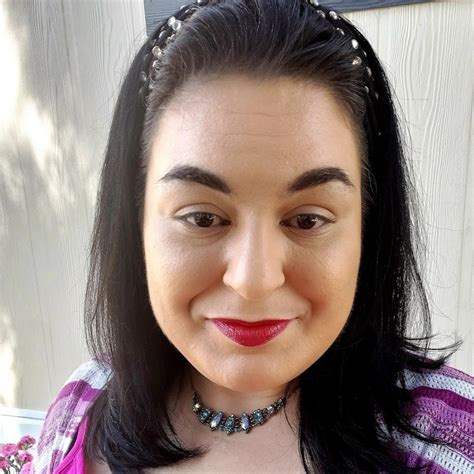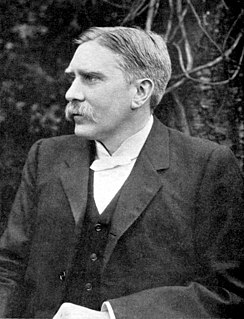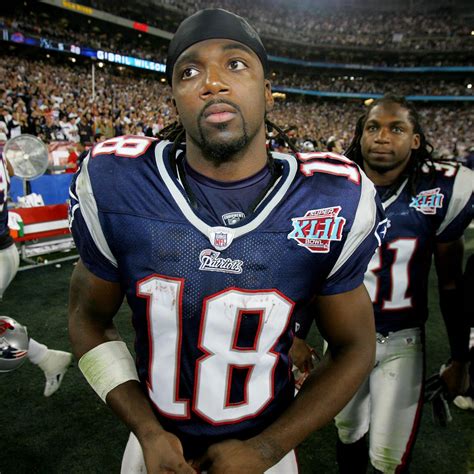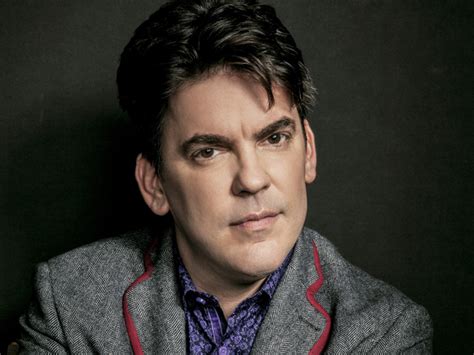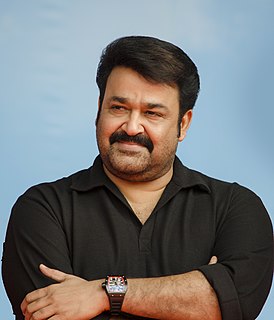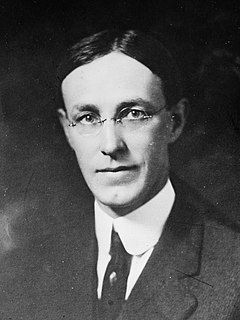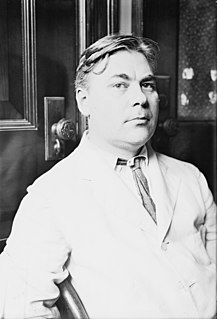A Quote by Viktor E. Frankl
Nothing is likely to help a person overcome or endure troubles than the consciousness of having a task in life.
Related Quotes
You are so accustomed to think of yourselves as bodies having consciousness that you just cannot imagine consciousness as having bodies. Once you realize that bodily existence is but a state of mind, a movement in consciousness, that the ocean of consciousness is infinite and eternal, and that, when in touch with consciousness, you are the witness only, you will be able to withdraw beyond consciousness altogether.
There is nothing worse than having an enemy who is a total loser. It's incredibly frustrating when seeking revenge against one, because you come to the realization that there is really nothing you can do to make the person's life worse than it already is. They have nothing to take; there is no way to screw them over if you have been their victim. It's maddening.
Many people suffer all their lives from this oppressive feeling of guilt, the sense of not having lived up to their parents' expectations. This feeling is stronger than any intellectual insight they might have, that it is not a child's task or duty to satisfy his parents needs. No argument can overcome these guilt feelings, for they have their beginnings in life's earliest periods, and from that they derive their intensity and obduracy.
I always hear people saying, "If I can just help one person, or if I can just stop one person from doing what I did." I don't think one person is enough. I feel you can help more than one person, help as many as you can. That's something that I would like to leave as my legacy: That I helped a lot of people and made some people make better decisions after looking at the decisions I've made in my life.
I have had extreme ups and downs. The biggest thing I learned after I broke my wrist is to never give up. Nothing in life will ever come easy. It depends on how you deal with those obstacles and how you overcome those obstacles. If you can overcome them, you're a stronger person. If you make mistakes along the way, as long as you never make that same mistake again, you're a successful person.
It seemed clear to me that life and the world somehow depended upon me now. I may almost say that the world now seemed created for me alone: if I shot myself the world would cease to be at least for me. I say nothing of its being likely that nothing will exist for anyone when I am gone, and that as soon as my consciousness is extinguished the whole world will vanish too and become void like a phantom , as a mere appurtenance of my consciousness, for possibly all this world and all these people are only me myself.


